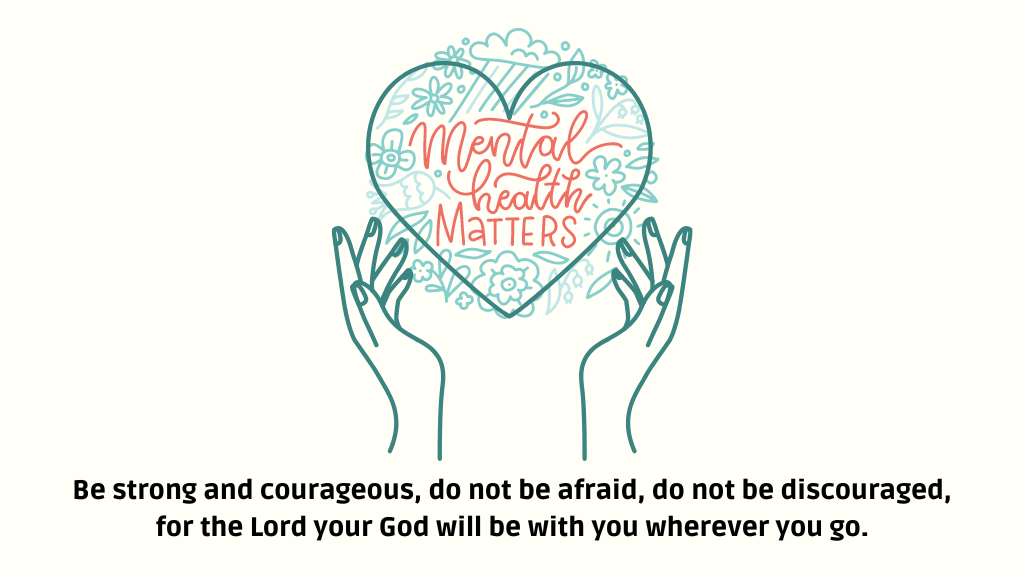September is Suicide Prevention Awareness Month
September 20, 2023

It can be hard to have a conversation with someone about eating disorders or even to come to terms with it in oneself because we all contemplate what is needed to satisfy our hunger. Sometimes that hunger can be more related to emotional, physical, or mental health challenges which distort our brains' perception of what our body actually needs. If a person has a particular health concern like diabetes or heart disease they may see a doctor for recommendations on how to eat and care for oneself with those conditions, but sometimes a person can be missing symptoms of disordered eating or an eating disorder diagnosis like Anorexia or Bulimia because they think they are following a "healthy diet" they saw on the internet or read in a book. How do you know if you or your loved one has an eating disorder?
-A thirty-eight-year-old mother binges on sugary foods when feeling overwhelmed with emotion then purges so she won't gain weight. Sometimes she eats a whole cake and then makes another to hide the fact she ate the first one. She then seeks counseling when her husband discovers her purging.
-A seventeen-year-old girl restricts herself from eating because she obsesses over how she feels and looks. She stashes her lunches in her car where her boyfriend eventually finds them and talks with her about it.
-A forty-seven-year-old man ruminates over how he looks, then compulsively works out while springing back and forth with various diets. He weighs himself every day to make sure he doesn't gain weight. A friend at the gym invites him to have a smoothie so he can share his concern for this friend.
-A twenty-six-year-old woman passes out at work. A coworker called to check on the woman the next day. The woman then admits she hadn't been eating for weeks and was dehydrated from overuse of diuretics. Her doctor recommended that she enter into an inpatient facility to gain an understanding of how to treat her compulsive restriction of food.
Here are other symptoms you may recognize: having an obsession with food, weight, or body image, becoming more isolated, having ongoing unusual food rituals, overusing laxatives or diuretics, excessive exercise, having big mood changes like irritability, anxiety, or ongoing sadness
So what do you do if you notice these symptoms?
First, be calm and caring without blaming or advising a person in a way that focuses on their body or weight.
Second, consider asking them how they feel as you share with them your observations regarding their behaviors.
Third, assure the person you care for them and want to support them which could include helping them find a counselor.
Quite often there are underlying mental or emotional challenges connected with eating disorders and addressing them can bring change and healing. And finally, be patient. It may take time for a person to "see" what you have observed. The hope is for wholeness for your loved one, not just a quick fix.
The largest non-profit organization for eating disorders is NEDA, National Eating Disorders Association:
https://www.nationaleatingdisorders.org/about-us
and here is another article on eating disorders you might find helpful:
https://www.verywellmind.com/leading-eating-disorder-charities-and-organizations-4145389
The Mental Health Ministry Team wants to encourage you by Joshua 1:9, "Be strong and courageous, do not be afraid, do not be discouraged, for the Lord your God will be with you wherever you go," especially when we admit we are weak and need God's help. You can find resources on our page as well.
September 20, 2023
August 09, 2023
July 10, 2023